If the success of social enterprises in the past decade is any indication of what the future of commerce looks like, the possibilities of social change is endless. It’s a step toward shifting the idea of what commercial-based businesses could be built upon. Within our own social enterprise, Mend, we work directly with women affected by the LRA, providing them with an outlet to perfect their artisan skill and work on personal development. By receiving training in tailoring and finance, Mend seamstresses support their families financially, send their children to school, and improve the quality of life in their communities by investing in its future.
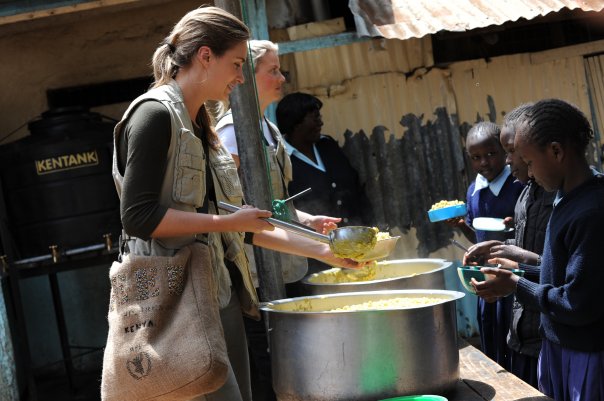
Similar to our favorite social enterprise (#Mend), FEED Projects works with artisans to make environmentally-friendly products ranging from handbags to apparel. Each product sold has a set donation built into its cost — allowing every purchase to have a sustainable impact. From there, the proceeds from sales are reinvested into various organizations that provide meals to students around the globe.
After traveling as a student spokesperson for the United Nations World Food Programme (WFP) and seeing the effects of hunger, in 2006, model and activist Lauren Bush designed the first FEED bag to benefit WFP’s School Feeding Program. The FEED 1 bag, stamped with a number signifying how each bag feeds one student for one year, was inspired by the bags WFP uses to distribute food at schools. Initially designed and sold to bring awareness and benefit WFP’s programs in Latin America, Asia, and Africa, this first handbag was the catalyst to the creation of FEED LLC in 2007– the social enterprise behind Lauren’s current venture.
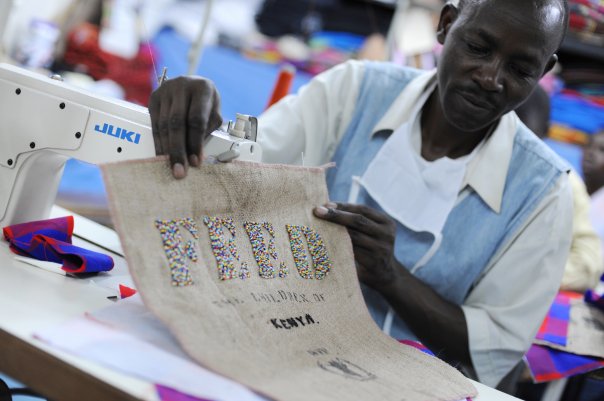
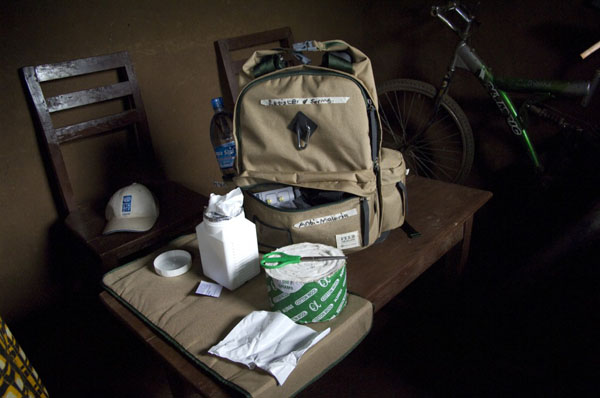
In 2009, FEED launched it’s health initiative by giving Community Health Workers in Africa
With a simple mission that believes “everyone has the right to basic human necessities, such as healthy and nutritious food,” FEED recognized how a single meal can make a difference, not only through nutrition but the potential of changing a student’s future. Making its products accessible to people, FEED partners with 16 major brands such as GAP, Forever 21, and Barnes & Noble to reach as many consumers as possible (social change by any means necessary). Most recently, it teamed up with Target, bringing its efforts to the U.S. through its newest line. Proceeds from the partnership will fund 10 million meals for American students.
Since its inception, FEED Projects’ proceeds have provided over 60 million school meals to children and has launched its non-profit, the Feed Foundation. Directly connected to FEED’s retail aspect, the foundation focuses on ending world hunger and aiding in natural disasters and humanitarianism crises. Teaming up with the US Fund for UNICEF, FEED Projects also raises funds for Vitamin A and micromanagement supplements to provide 46,000 children with needed nutrients.
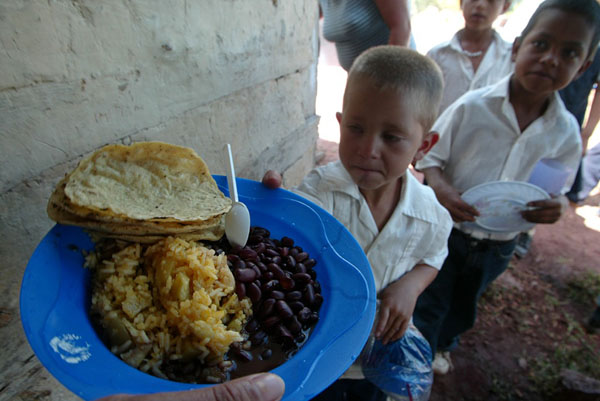
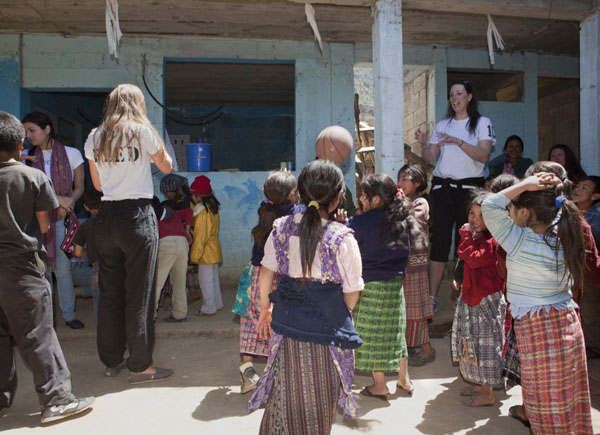
(Photo Credit: FEED Projects)
Think people should hear about this?